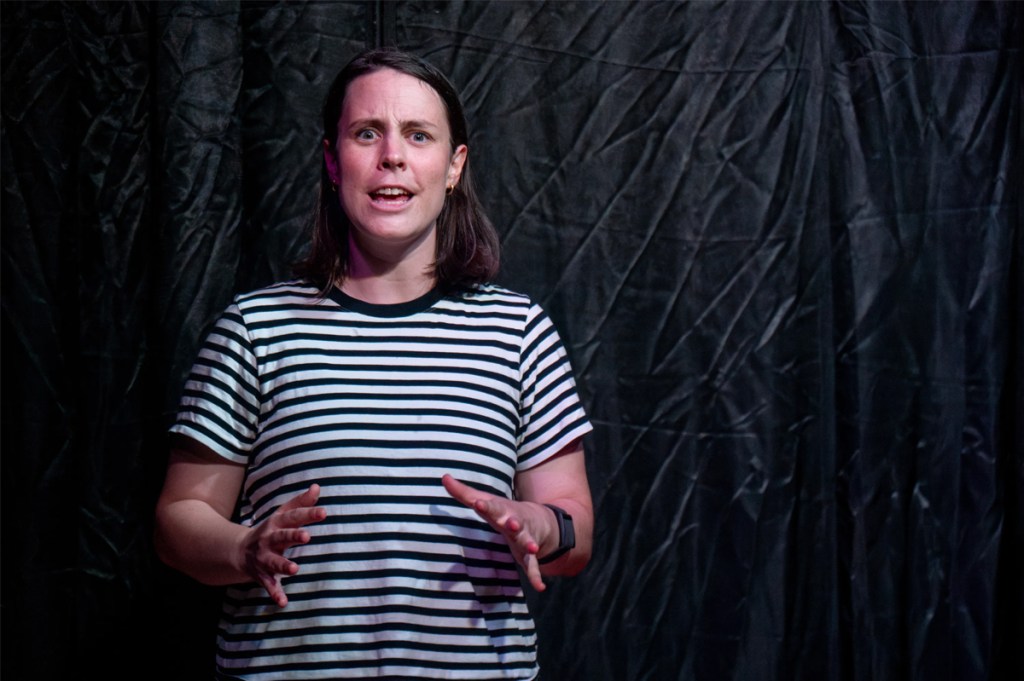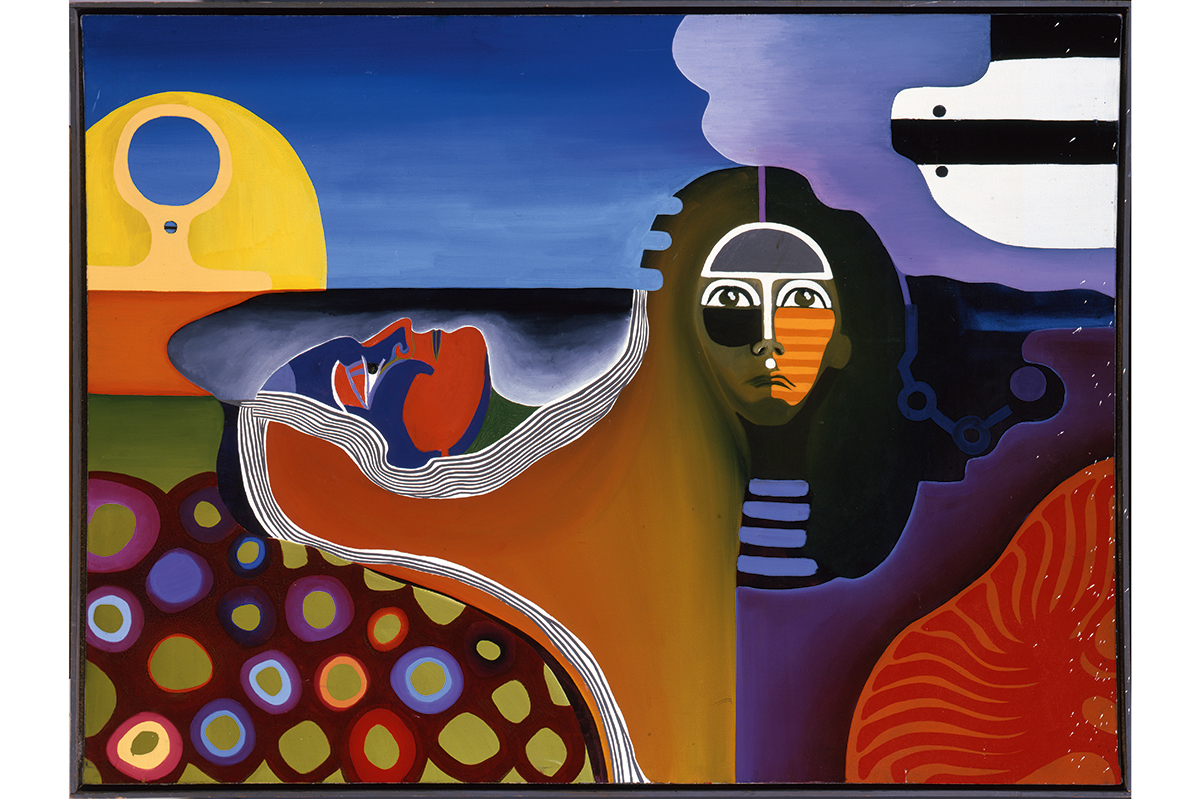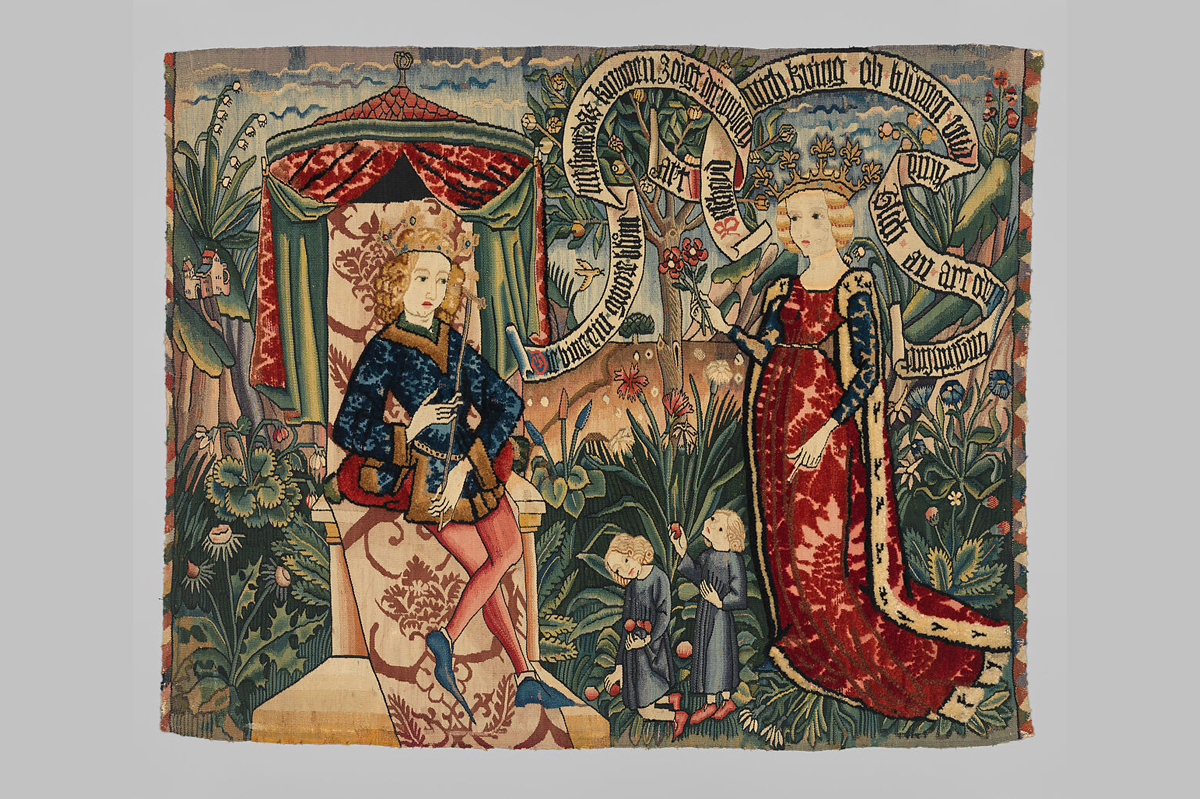About half-way through the one-woman show Unstuck, the American comic Olivia Levine admits that it’s “hip” to talk about one’s obsessive-compulsive disorder.
She’s right. In Unstuck – which tracks Levine’s at times paralyzing battle with the illness – Levine is following a well-trod path, seen on many a movie and television show. The OCD character can’t stop counting or washing their hands or looking over their shoulder. Often their symptoms are played for laughs or sympathy or to showcase their weird but essentially charming quirkiness. Rarely is the more menacing side of OCD shown.
Levine is here, then, to disrupt the stereotypes and, with humor and likability, discuss the symptoms that are less often depicted in media. It’s not hard to see why. Before Levine even had language for her condition she was compulsively masturbating in public. She became obsessed with intrusive thoughts of her parents dying and of intruders entering her home. At one point she thought that she might impregnate her own mother by sharing a bathtub; she believed that fecal smears in her underwear would kill those around her.
The only way to calm such intrusive thoughts was to commit to certain mental or physical actions in irrational rituals – compulsions. For example, if Levine used hand wipes and sanitizer in a certain order before pulling up her jeans in the exact same way each time she went to the toilet, she could mitigate her death-causing undies. Needless to say, OCD is a plague for the person experiencing it (and often for those close to them, too).
Written by Levine and directed by Molly Rose Heller, Unstuck played at the Edinburgh Fringe last year and is currently on at the SoHo Playhouse in Manhattan. While advertised as stand-up, it’s more of a scripted monologue. And therein lies its strengths – in educating the audience about a wildly misunderstood illness – and its weakness. It can all feel a little too rehearsed.
Levine is an agreeable host: she reminds me of a sweeter, less acerbic Hannah Horvath from Lena Dunham’s Girls. Hannah also suffered from OCD (as does Dunham) and the depictions of the illness in Girls were also frank and unglamorized. While Hannah does do counting, she also admits to compulsively masturbating. Yet Hannah is a wildly original and true to life character, brilliant in all the multitudes that she contains.
In Unstuck, Levine is simpler. I wanted to root for her – and I did to some extent. But I found her show too scripted, too performed, and too predictable. An unnecessary voiceover projected from above the stage –which presumably was meant to represent her intrusive thoughts – didn’t help. The presence just felt pat, rather than disruptive.
Levine is self-aware enough to understand that she is asking us to rethink OCD’s “hipness,” while also benefiting from its grasp on the common consciousness by putting on her show and asking audiences to come. But she relies too heavily on “shock” jokes that have been in circulation since The Vagina Monologues and Sex and the City blasted into our consciousness in the 1990s: a stream of talk about vaginas, wetness, flaccid penises, sex and shit is no longer revolutionary; it’s yawningly predictable.
I wanted less vagina, more actual vulnerability. Unstuck gives a small window into a debilitating disorder; it educates and informs. But, despite all the apparent self-exposure, it felt that Levine – the person, the performer – was always holding a part of herself back.


























Leave a Reply